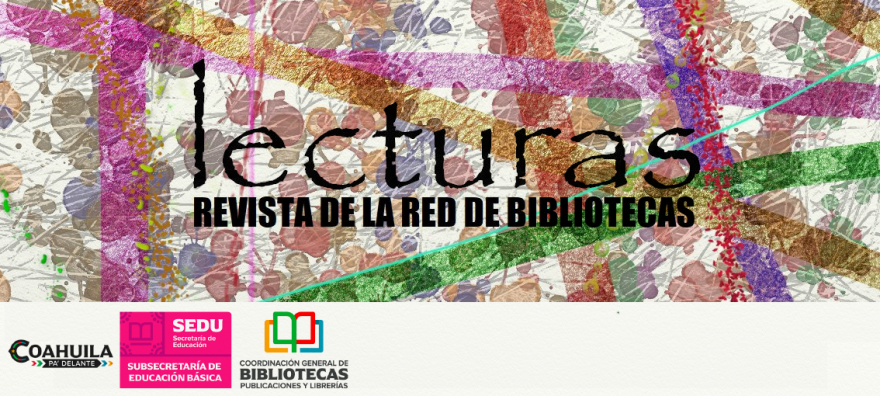Primeras
líneas...
El extranjero
de
Albert Camus
En
cuatro idiomas (y dos versiones en inglés y dos en español)
Aujourd'hui, maman est morte. Ou
peut-être hier, je ne sais pas. J'ai reçu un télégramme de l'asile :
« Mère décédée. Enterrement demain. Sentiments distingués. » Cela ne veut rien
dire. C'était peut-être hier.
[L'Étranger.
Versión en francés original de Albert Camus. Ed. Gallimard.]
.
. . . . . . . . . . . . . .
Maman died today. Or yesterday
maybe, I don't know. I got a telegram from the home. «Mother deceased. Funeral
tomorrow. Faithfully yours.» That doesn't mean anything. Maybe it was
yesterday.
[The Stranger. Traducción
de Matthew Ward. Ed. Vintage Books.]
. . . . . . . . . . . . . . .
My mother died today. Or maybe
yesterday, I don't know. I received a telegram from the old people's home: «Mother
deceased. Funeral tomorrow. Very sincerely yours.» That doesn't mean anything.
It might have been yesterday.
[The outsider. Traducción
de Sandra Smith. Ed. Penguin. Modern Classics.]
.
. . . . . . . . . . . . . .
Oggi
la mamma è morta. O forse
ieri, non so. Ho ricevuto un telegrama dall'ospizio:
«Madre deceduta. Funerali domani. Distinti saluti.» Questo non dice nulla: è
stato forse ieri.
[Lo
straniero. Traducción al italiano de Alberto Zevi. Ed. Bompiani.]
.
. . . . . . . . . . . . . .
Hoy
ha muerto mamá. O quizá ayer. No lo sé. Recibí un telegrama del asilo: «Falleció
su madre. Entierro mañana. Sentidas condolencias.» Pero no quiere decir nada.
Quizá haya sido ayer.
[El
extranjero. Traducción al español de Bonifacio del Carril. Ed. Alianza-Emecé.]
.
. . . . . . . . .
Hoy
ha muerto mamá. O quizá ayer; no sé. He recibido un telegrama del asilo: «Madre
muerta. Entierro mañana. Sentido pésame.» Esto no quiere decir nada. Podía ser
ayer.
[El extraño. Traducción al
español de Federico Carlos Sáinz de Roble. Aguilar.]






No hay comentarios:
Publicar un comentario